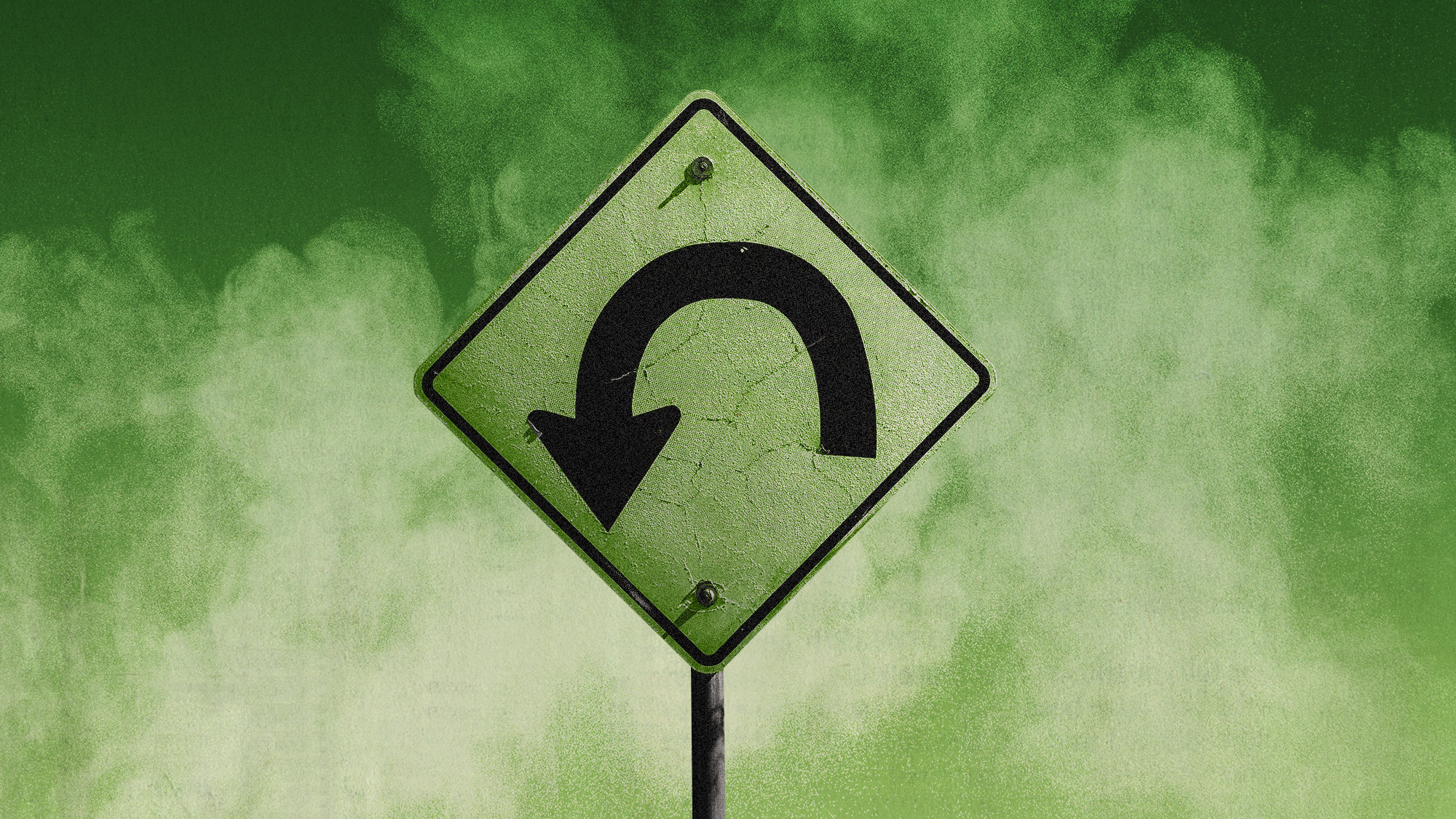Thailand is rolling back on its legal cannabis empire
Government restricts marijuana use to medical purposes only and threatens to re-criminalise altogether, sparking fears for the $1 billion industry

A free daily email with the biggest news stories of the day – and the best features from TheWeek.com
You are now subscribed
Your newsletter sign-up was successful
When Thailand became the first country in Asia to decriminalise cannabis in 2022, it sparked a major tourism boom – and a domestic industry now worth $1 billion.
But now, the government is "harshing that buzz", said Time magazine.
Last month, it imposed rules "designed to rein in the country's 'green rush'" and reclassify cannabis as a controlled herb, said CNN. Citizens now need a doctor's prescription to buy the drug, restricting consumption to medical purposes. The public health minister also said he would "recriminalise cannabis as a narcotic", according to the broadcaster, which would be a "major reversal from Thailand's liberal approach".
The Week
Escape your echo chamber. Get the facts behind the news, plus analysis from multiple perspectives.

Sign up for The Week's Free Newsletters
From our morning news briefing to a weekly Good News Newsletter, get the best of The Week delivered directly to your inbox.
From our morning news briefing to a weekly Good News Newsletter, get the best of The Week delivered directly to your inbox.
The government says the move is designed to protect children and combat international smuggling, but critics argue that the rushed move could endanger the thousands of small cannabis stores.
The 'weed wild west'
After cannabis was decriminalised in Thailand, there was a "frenzy of investment", said the BBC's Southeast Asia correspondent Jonathan Head. There are about 11,000 registered cannabis dispensaries in the country. In parts of Bangkok, it is "impossible to escape the lurid green glare of their neon signs and the constant smell of people smoking". This has "flooded the market and driven the price down".
But some describe the "free-wheeling" market as "out of control". A promised regulatory framework was never implemented, perhaps because of "obstruction by vested interests with links to the marijuana industry", said one MP involved in the process. The result: a "weed wild west", and an "influx of foreign drug syndicates hiding behind Thai nominees".
There have been growing calls to restrict the industry, but "the final straw appears to have been pressure from the UK". A "flood" of Thai cannabis has been smuggled into the country, often by young people "lured by drug syndicates" into carrying suitcases of it home, because "very few regulations" exist in Thailand to control it. Last month, two British women were arrested in Georgia and Sri Lanka "with large amounts of marijuana from Thailand".
A free daily email with the biggest news stories of the day – and the best features from TheWeek.com
"It's massively increased over the last couple of years," said Beki Wright, spokesperson for the National Crime Agency in London. The NCA intercepted 800 couriers carrying 26 tonnes in 2024, up from 142 couriers carrying five tonnes in 2023.
The Thai government is "probably getting yelled at during international meetings", Kitty Chopaka, an advocate for smaller cannabis producers, told the broadcaster. "Countries saying 'all your weed is getting smuggled into our country', that is quite embarrassing."
'Bracing for real pain'
The government's "major policy reversal" has plunged the industry into "a state of confusion", said The Guardian. Shops are "scrambling" with the new restrictions, and many owners fear the changes will "unfairly push out smaller businesses" that can't afford to comply with rules or register as medical clinics. "Most of the registered shops will shut down", or go underground, said store owner Natthakan Punyathanaworakit.
There are also fears that new regulations will scare off tourists and hurt profits. Other owners say the issue has been "politicised"; the policy reversal comes after the Bhumjaithai Party, which "championed" legalisation, withdrew from the ruling coalition over Prime Minister Paetongtarn Shinawatra's "perceived poor handling of a border row with Cambodia".
That allowed the ruling Pheu Thai party to "pursue its promises of restricting the use of marijuana to medical purposes only", said Time. It's a popular one: a 2024 poll found that more than 60% of the public were in favour of reclassifying cannabis as a narcotic.
Legalisation was "widely criticised" – it allowed "thousands of people convicted of cannabis-related offences to be released from jail", said The Guardian. "Piecemeal" rules also had to be implemented after the fact, such as banning cannabis from schools and children.
But now, with "stricter controls on sales and distribution" on the horizon, said Bloomberg, communities in the "lush northern countryside" where the plants grow are "bracing for real pain".
Harriet Marsden is a senior staff writer and podcast panellist for The Week, covering world news and writing the weekly Global Digest newsletter. Before joining the site in 2023, she was a freelance journalist for seven years, working for The Guardian, The Times and The Independent among others, and regularly appearing on radio shows. In 2021, she was awarded the “journalist-at-large” fellowship by the Local Trust charity, and spent a year travelling independently to some of England’s most deprived areas to write about community activism. She has a master’s in international journalism from City University, and has also worked in Bolivia, Colombia and Spain.